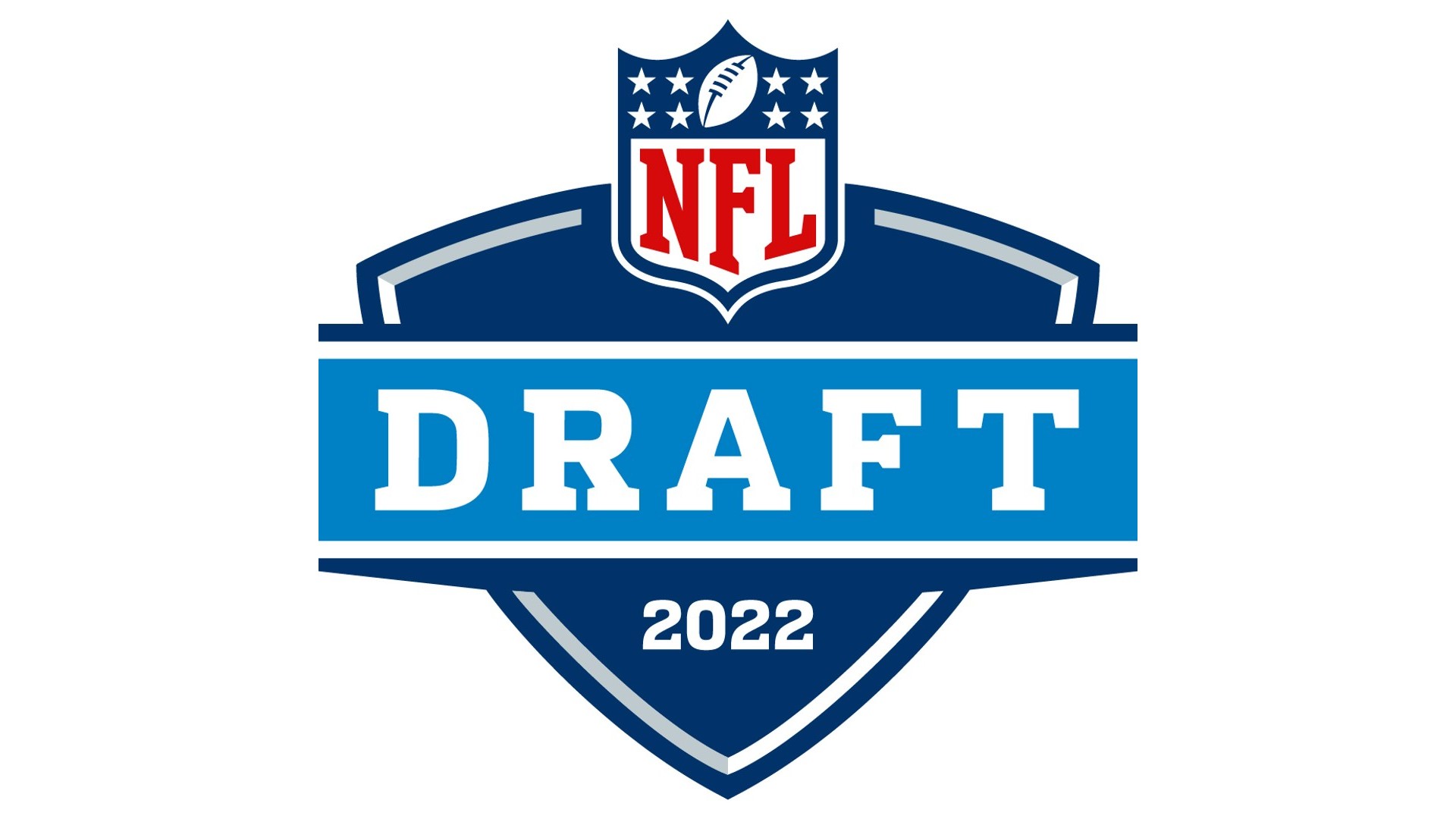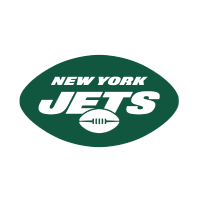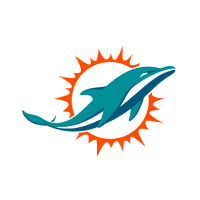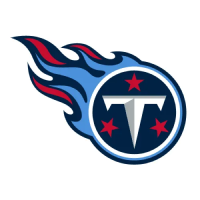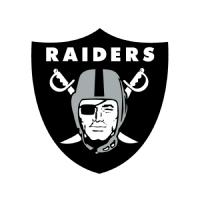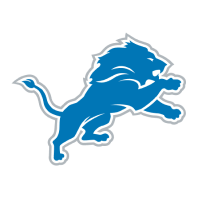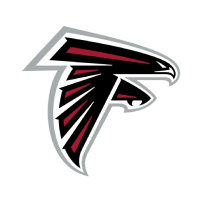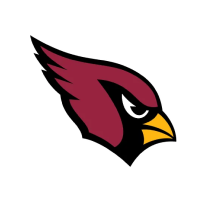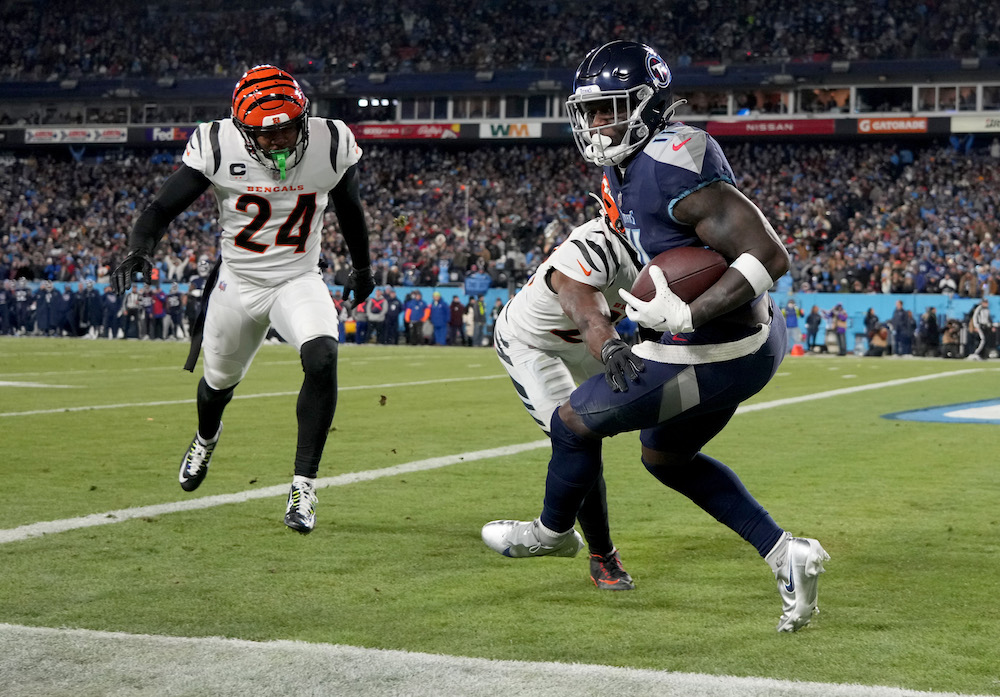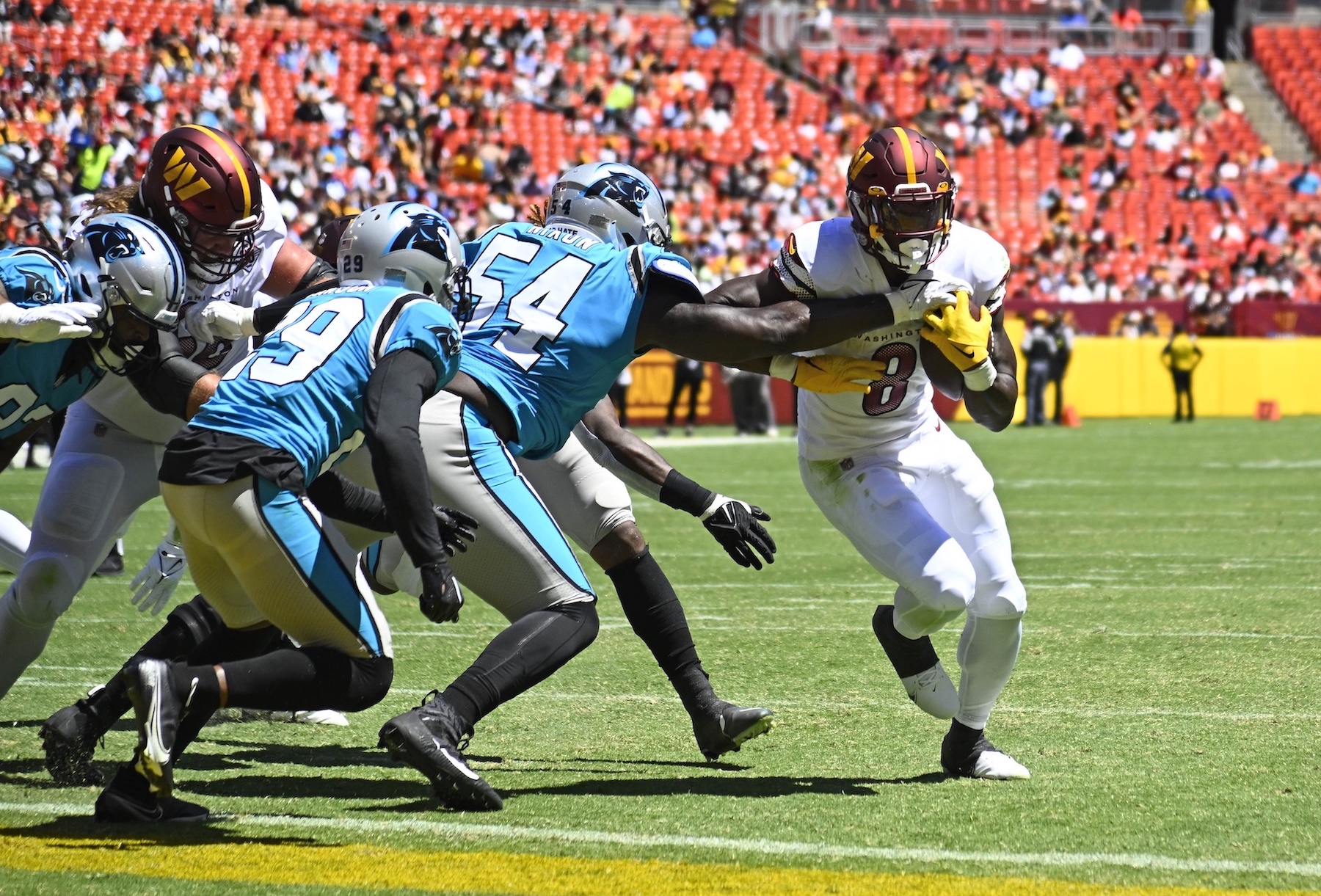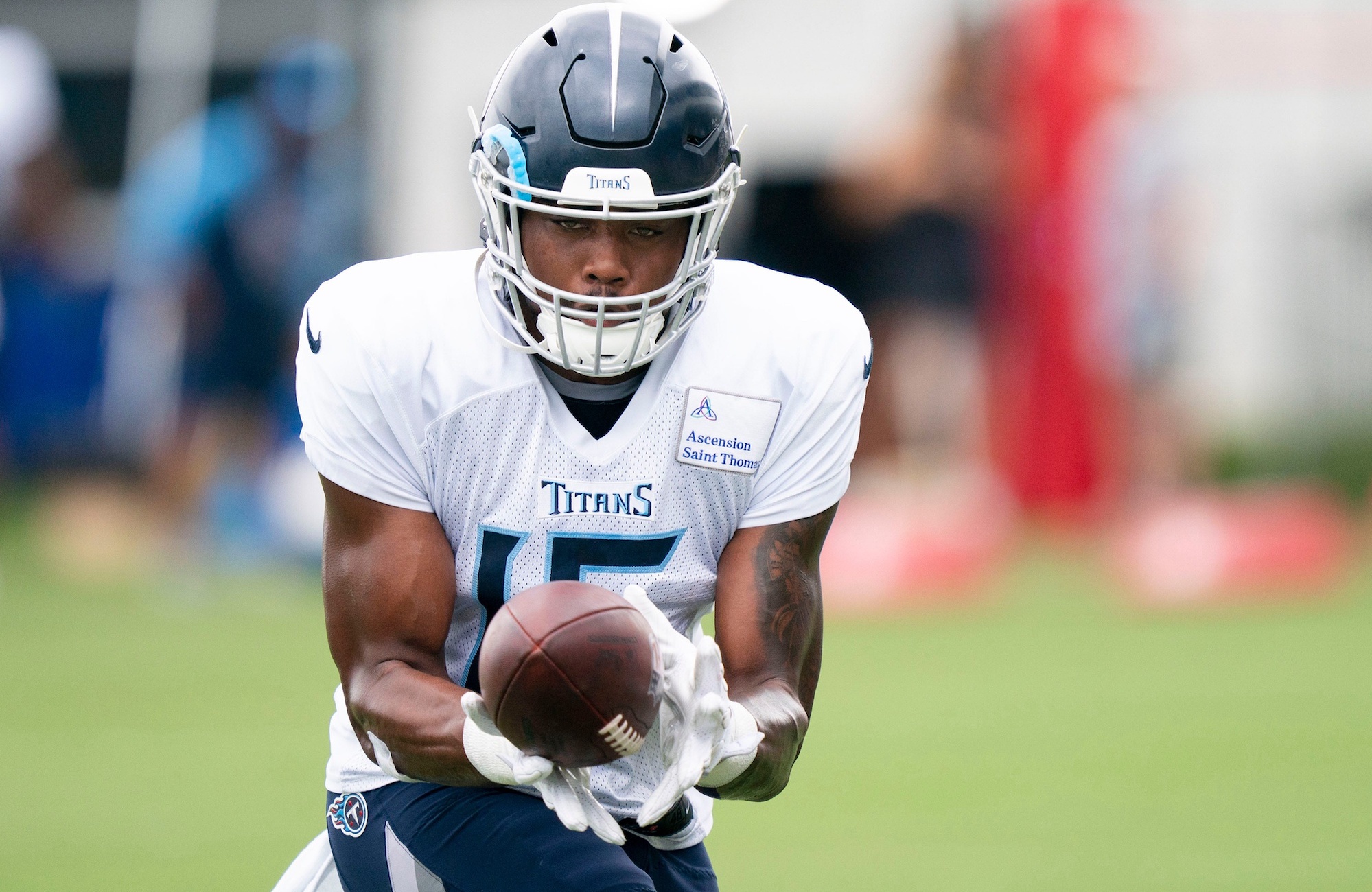The wide receiver market has exploded in recent weeks, as the Tennessee Titans are well aware. A flurry of pre-free-agency activity helped reset the market for today’s elite pass-catchers. The Los Angeles Chargers re-signed Mike Williams to a three-year, $60 million contract after the former Clemson standout finally broke out of his shell in 2021 to enjoy a career-best season. Tampa Bay Buccaneers General Manager Jason Licht signed Chris Godwin to a nearly identical contract one week after slapping Godwin with the franchise tag for the second consecutive offseason. Then, the Jacksonville Jaguars made a cannon-ball-sized splash at the position by signing former Arizona Cardinals receiver Christian Kirk to a four-year, $72 million contract.
These three contracts kickstarted movement across the league, as various other receivers capitalized on a landscape that placed a larger premium on their services than ever before. Green Bay’s Davante Adams seized his opportunity by helping orchestrate a trade to the Las Vegas Raiders, who swiftly signed Adams to a historic five-year, $141.25 million deal. Less than one week later, fellow superstar receiver Tyreek Hill, who had reached a standstill of his own in contract discussions with the Kansas City Chiefs, was stunningly traded to the Miami Dolphins in exchange for five future-and-immediate draft selections. Hill then signed a four-year, $120 million extension with the Dolphins that included $72.2 million guaranteed, making him the highest-paid wide receiver in the NFL (sorry, Adams).
These dealings have led to particularly intriguing discussions regarding the 2019 draft class of wide receivers, which featured a plethora of talents that are now eligible to receive timely contract extensions (or untimely based on which side of the negotiating table you sit on). A trio of second-round selections in Deebo Samuel, A.J. Brown and D.K. Metcalf represents particularly pressing matters. All three are awaiting their extensions and they’re likely rubbing their hands at the thought of what they could demand based on recent occurrences. If this NFL offseason has taught us anything, it’s that any player can be traded at any given moment. Although it’s difficult to imagine Samuel, Brown and Metcalf outside of their current environments, not many envisioned Hill departing Kansas City in such rapid fashion, either.
The Jets are reportedly paying close attention to Brown’s situation in Tennessee. General Manager Joe Douglas remains on the prowl for a legitimate game-changer at the receiver position, despite adding Corey Davis and Elijah Moore via free agency and the draft last offseason. The Jets made an aggressive offer in hopes of attracting Hill, who ultimately chose to join the Dolphins instead. Douglas will now likely turn his attention to whichever next crop of disgruntled receivers reveal themselves, and that same 2019 class could present some intriguing choices. Brown is best friends with New York’s Moore after spending time together at Ole Miss, and based on their recent efforts, the Jets would surely welcome the thought of pairing them together again.
Not so fast though, says Tennessee. Titans General Manager Jon Robinson spoke candidly with reporters regarding Brown’s contract situation at the NFL’s annual ownership meetings on Monday afternoon. “A.J. is a Titan and we want to keep A.J. a Titan,” Robinson said, while admitting extension talks had already reached the preliminary stage. “And that’s part of our goal this offseason, or whenever that manifests itself, to come to an agreement to keep him around.”
Tennessee’s interest in keeping Brown in Nashville is straightforward. In three professional seasons, Brown has recorded 185 receptions for 2,995 yards and 24 touchdowns. In 2021, Brown was arguably Tennessee’s most important offensive player. That title is often bestowed upon running back Derrick Henry, and understandably so, but a deeper dive into the numbers and overall efficiency of Tennessee’s offense reveals Brown’s importance. The Titans were 11-2 in games that Brown played in and 1-3 in the regular-season contests he missed with injury. Starting quarterback Ryan Tannehill averaged 231 passing yards per contest with Brown in the lineup and that number plummeted to 184 without Brown. Tannehill’s overall approach was also negatively altered. He averaged 7.5 yards per attempt in games with Brown and a pathetic 5.5 yards per attempt without Brown at his disposal. In a league where pairing a quarterback with several dominant receivers has increasingly become a popular team-building method, Brown is extremely valuable to Tannehill and the Titans’ offense.
A Titans franchise that’s been cursed at the receiver position (they drafted Kevin Dyson five overall selections before Randy Moss in 1998) has finally found a game-changing, pass-catching weapon in Brown. Contract negotiations could get complicated but don’t expect Brown to leave Tennessee anytime soon.
Filed In
Related Articles
NFL
NFL Preseason Week 1’s Top Standout Rookies
- Aug 15, 2022
NFL
What Did We Learn From Treylon Burks’ Preseason Debut?
- Aug 12, 2022
Written By
